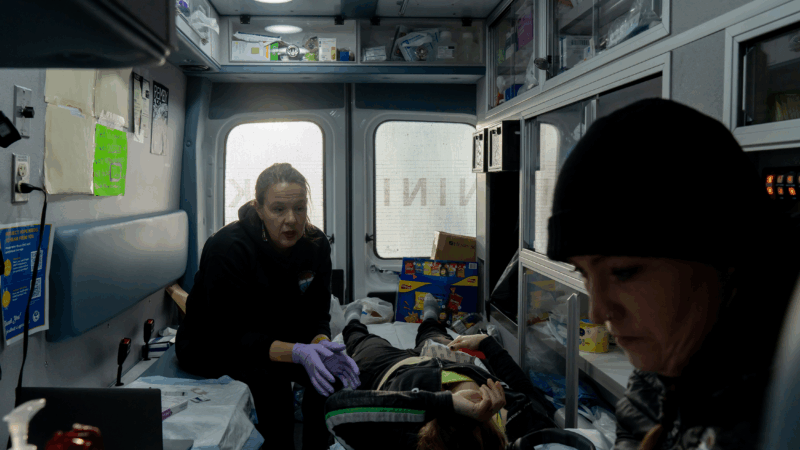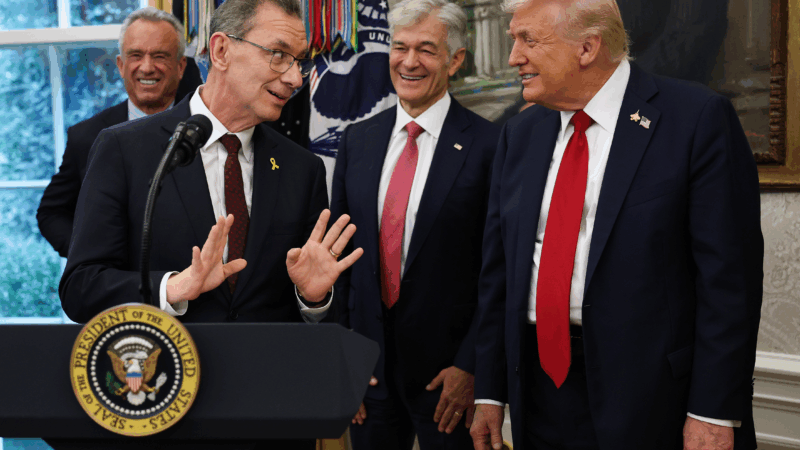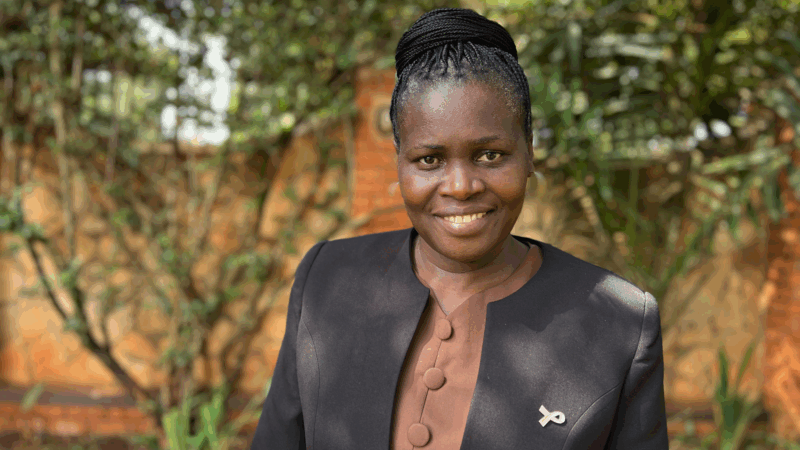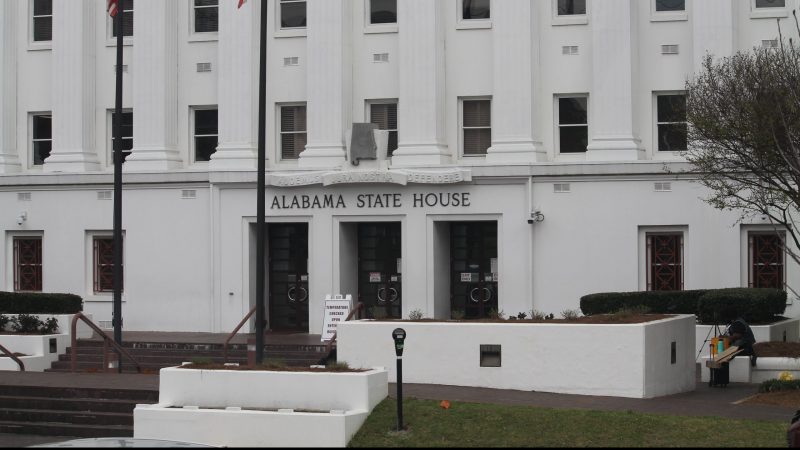Anti-American Airwaves: Holding the Heads of NPR and PBS Accountable.
At 9am CT today, the leaders of NPR and PBS will testify before Congress in a hearing titled “Anti-American Airwaves: Holding the Heads of NPR and PBS Accountable.” We expect public media’s funding to be called into question as they answer to the subcommittee’s claims of “biased news coverage… for an increasingly narrow and elitist audience.” This moment is a stark reminder that independent journalism cannot be taken for granted.
If you rely on WBHM for fact-based, in-depth reporting, now is the time to step up. Your support keeps public radio strong—no matter what challenges lie ahead. Will you join WBHM with your support today?
For those with addiction, going into and coming out of prison can be a minefield.
Many jails and prisons around the country don't provide medication treatment for opioid use disorder. Studies show that medication makes recovery more likely and reduces the risk of overdose death.
Trump struck deals with 16 drug companies. But they’re still raising prices this year
All 16 drug companies that inked deals with the Trump administration over the past few months still raised some of their prices for 2026.
This hospice has a bold new mission: saving lives
A hospice in Uganda asked itself: Can we do more than ease the pain of dying? Can we actually prevent deaths from cervical and breast cancer?
Ivey releases proposed state budgets
Lawmakers are often running in Montgomery having finished the first week of this year's legislative session. It's a week that saw the announcement of Gov. Kay Ivey's budget proposal, along with the first bills starting to make their way through the legislative process. We talk about that with Todd Stacy, host of Capital Journal on Alabama Public Television.
Canada agrees to cut tariff on Chinese EVs in return for lower tariffs on Canadian farm products
Breaking with the United States, Canada has agreed to cut its 100% tariff on Chinese electric cars in return for lower tariffs on Canadian farm products, Prime Minister Mark Carney said Friday.
What do eggs, Grok and Greenland have in common? They’re all quiz-worthy! Are you?
See if you can get a perfect score for once.







